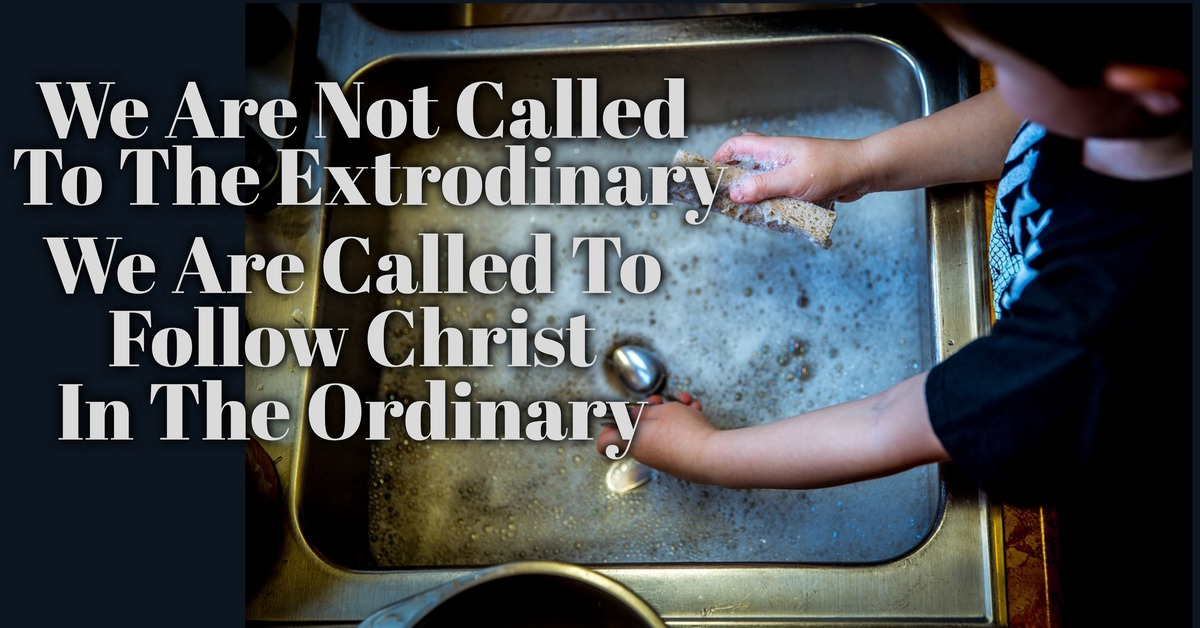And as they went out of Jericho, a great crowd followed him. And behold, there were two blind men sitting by the roadside, and when they heard that Jesus was passing by, they cried out, “Lord, have mercy on us, Son of David!” The crowd rebuked them, telling them to be silent, but they cried out all the more, “Lord, have mercy on us, Son of David!” And stopping, Jesus called them and said, “What do you want me to do for you?” They said to him, “Lord, let our eyes be opened.” And Jesus in pity touched their eyes, and immediately they recovered their sight and followed him.
Understanding And Applying the Text
Some find difficulty in this passage. Mark and Luke speak of only one blind man Matthew mentions two. I find no difficulty here. The reason is I see Mark and Luke referring to a different account. Mark says, “And they came to Jericho.” Luke says, “As he drew near to Jericho.” And Matthew says, “As they went out to Jericho.” From reading the three passages I see Matthew’s account outside Capernaum. Mark and Luke are referring to an event outside Jericho. The event could be the same. But the details of the location make me believe they are two events. They may have occurred on the same journey. Having said that I acknowledge John Calvin disagrees with me. “No person of sound judgment will believe them to be different narratives.” Ok, Johnny thinks I’m nuts.
Could they be the same? Without a doubt. They do not contradict each other. Matthew mentions two. Mark and Luke mention one. Neither Luke nor Mark say there was only one. If there are two, there is one. While a discrepancy, it is not a contradiction. Mark identifies the blind man as Bartimaeus. He could have been the spokesman. If the primary interaction was with a single person, it would make sense to only mention one. It is not unusual for one Gospel writer to leave out a part included by another.
While John Calvin may question my sanity, I understand his conclusion. I do not think he is nuts. By the way, he is not the only one to question my sanity. My wife does too at times. Oh and so do my kids.
Calvin comments one cried out then the other joined in. I see nothing in the text to support that. The only thing that supports that is normal human behavior. Things start with one person and spread. Nonetheless, it is a small point.
Of more importance is that they call out at all. They believed that Jesus had the ability to heal them. They suffered the condemnation of the crowd. That encouraged them all the more. They requested mercy from Christ. They had the conviction He could heal their blindness.
As interesting is how they referred to Jesus. They called Him “Son of David.” This was no ordinary honor. They acknowledged Jesus as the Messiah. “Son of David” was the title the Jews gave to the Messiah. They acknowledged Jesus was more than a Rabbi. He was more than a Prophet. He was the Son of David, the Messiah. This recognition opened them up to the hatred of the ruling class. But none of this mattered to the blind men. They raised their voices louder.
Jesus stopped and asked the men what they wanted. I cannot tell you how many times I have heard that question be the point of a sermon. Most often it revolves around, “It was obvious what the men wanted. They wanted to see.” But the question was not for Jesus’ benefit. Nor was it to get the men to be specific about their request. It was for the benefit of the crowd. We take God’s mercy and benefits for granted. We do not recognize them. God often needs to shake us awake.
Jesus had compassion and healed them. The Lord does not grant healing to everyone’s physical disease. There were many who were blind in Israel. Jesus did not heal them all. There were many lame. There were all sorts of diseases. Jesus’ healing was for a purpose. We live in a world affected by sin. As a result, we will always have sickness and disease until Christ returns again.
Christ by healing these blind men with only one touch shows that he is the only light of the world. The men responded by following Him. This showed their gratitude.
They followed Christ. They became disciples of Christ. They had a story to tell. There is no doubt they told it. But they did not write books or letters to churches. They did not become great preachers. We do not know their names. If Calvin is right Bartimaeus may be the name of one of them.
They received a great gift. But we know nothing about them. We only know they followed Christ. We too have received a great gift of salvation. We are not called to greatness. Christ calls us to follow Him.

Leave a Reply